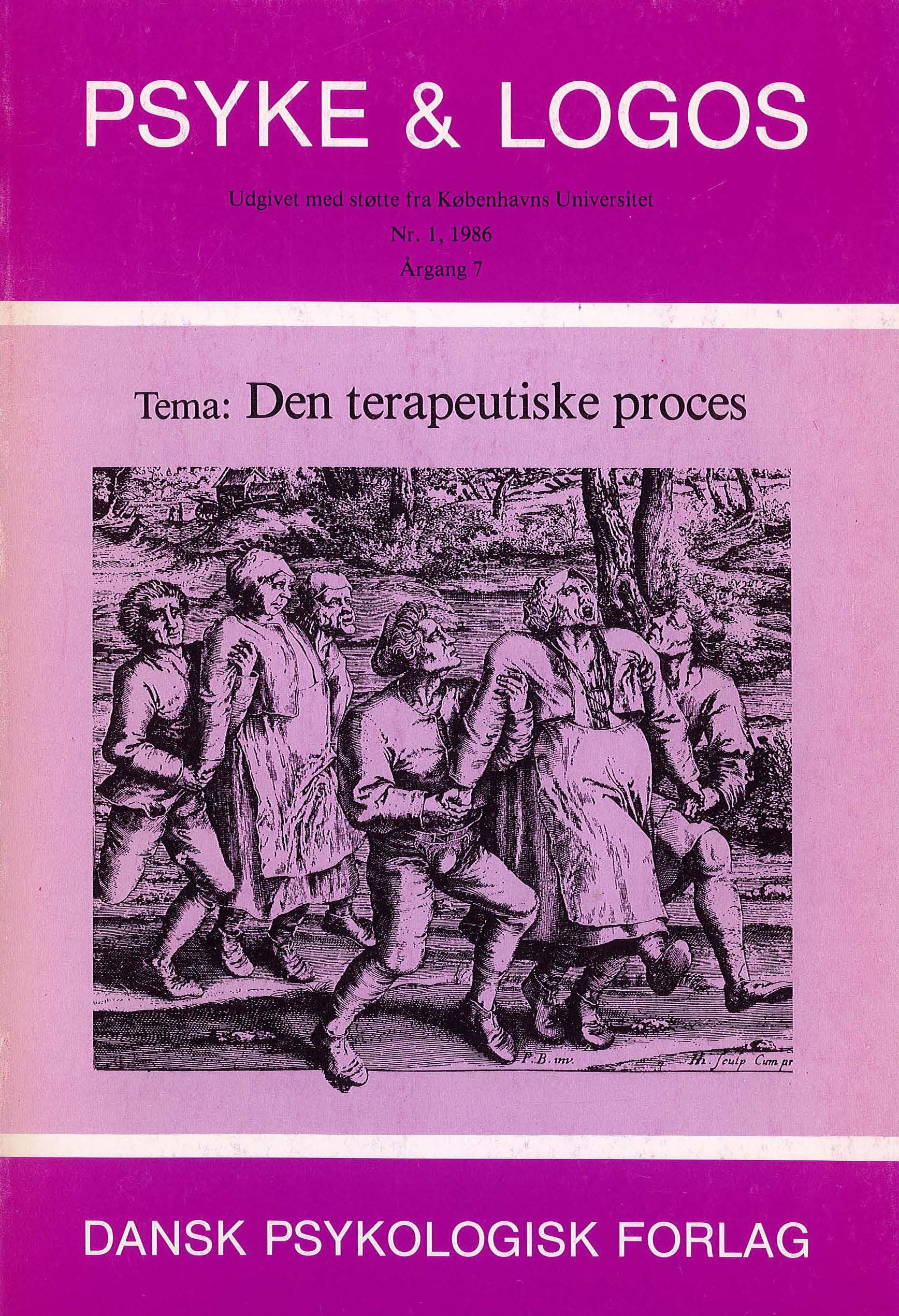Erkendelsen som objektrelation
DOI:
https://doi.org/10.7146/pl.v7i1.135549Abstract
The first part of this paper is a critique of the traditional "three stage" model of cognition as: sensation, perception, and thinking, where sensation is attributed the mediating role of contact between subject and object. In the light of this traditional understanding, an empiricist and rationalist conception of the subject-object relation is unavoidable. In contrast, Gibson's and Leontyev's theories
present a conception of the connection between subject and object as one of directed activity. These theories permit a philosophical realism: As directed activities are extended and refined the subject is brought into contact with new objective phenomena and thereby deeper subjective reflections. In the second part of the paper, the distinctive characteristics of human existence is discussed as being a specific "space" of roots and ties, connecting the objects in the human social world. From this perspective, we can view the distinctive caracteristics of human existence as corresponding to specifically human "binding" and "breaking" activities,
which are reflected in feelings, i.e. sentiments or "affections". Finally, the relation between body and cognition is discussed, primarily in relation to the distinctive characteristics of human activity. In the third part, the present theory of activity is related to some concepts of developmental psychology, primarily the object relations of ego psychology, the obje.:t concept of
Piaget, and a description of concept development. Finally, the theory is related to descriptions of "narcissistic" development of personality and some psychopathological styles of functioning.
Downloads
Published
How to Cite
Issue
Section
License
Ophavsret er tidsskriftets og forfatternes. Det er gældende praksis, at artikler publiceret i Psyke & Logos, som efterfølgende oversættes til andet sprog, af forfatteren frit kan publiceres i internationale tidsskrifter, dog således at det ved reference fremgår, at den oversatte artikel har et forlæg i en dansksproget version i Psyke & Logos. Artikler kan frit deles og linkes til på forsknings- og undervisningsnetværk (så som Blackboard). Link foretrækkes, fordi det giver oplysning om brug af tidsskriftets artikler.




